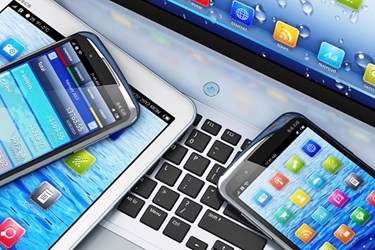Consumers With Tech Don't Use It For Health

By Katie Wike, contributing writer

While 70 percent of respondents to a recent survey own smartphones, only 20 percent use them to monitor or manage their health.
According to a survey conducted Booz Allen Hamilton and research practice Ipsos Public Affair, consumers have ample technology but few use it to manage their health. “This study was initiated to shed light on a basic issue: how consumers and providers perceive the future of healthcare,” says Grant McLaughlin, vice president at Booz Allen in a release. “What we found illustrates that both common ground and major gaps exist, calling for further examination.”
Fierce Health IT reports the survey found consumer use of technology to manage or monitor their health was low. For example, while 70 percent of those surveyed owned smartphones, only 20 percent used them for healthcare. The consumers who were most likely to use mobile apps were older and had higher incomes. Sixty percent of those who used mobile tools did so for general reference and about 50 percent used them for nutritional purposes.
Forty percent of consumers who used mobile apps said their doctor had recommended they do so, according to iHealth Beat. The survey found healthcare providers most commonly suggested the use of apps which allow users to access to medical records, schedule appointments and securely messaging their provider.
Although consumers aren’t all adopting technology to help them track their health, providers say online and mobile apps are “promising.” In fact, 60 percent of providers believe data collected by apps should be included in a patient's electronic health record.
Conversely, 86 percent of providers said the same apps need to be examined carefully to ensure they are providing patients with accurate and easy-to-understand information.
“Improving health care, reducing costs and doing both with expanded focus on prevention and the role of technology will continue to be among key health care priorities for health care for many years,” concluded the report.
